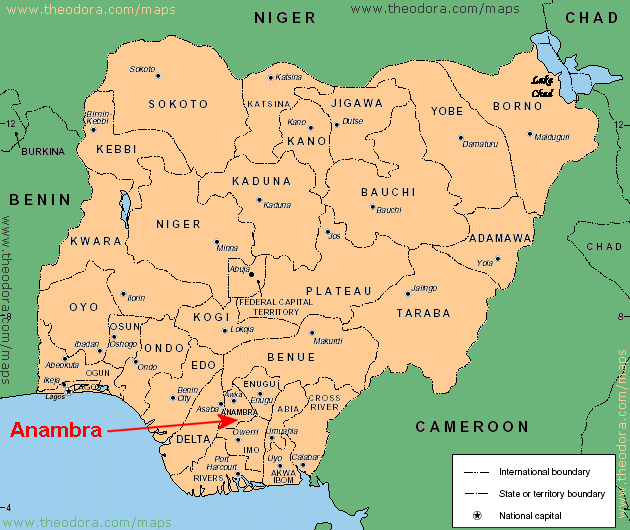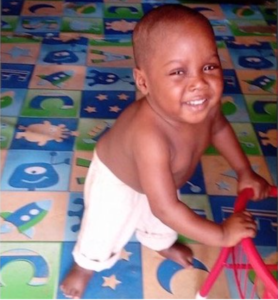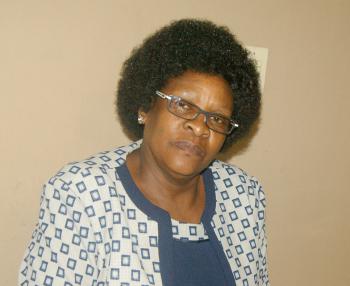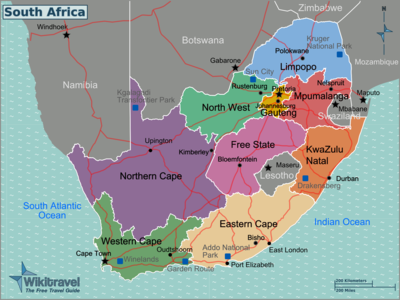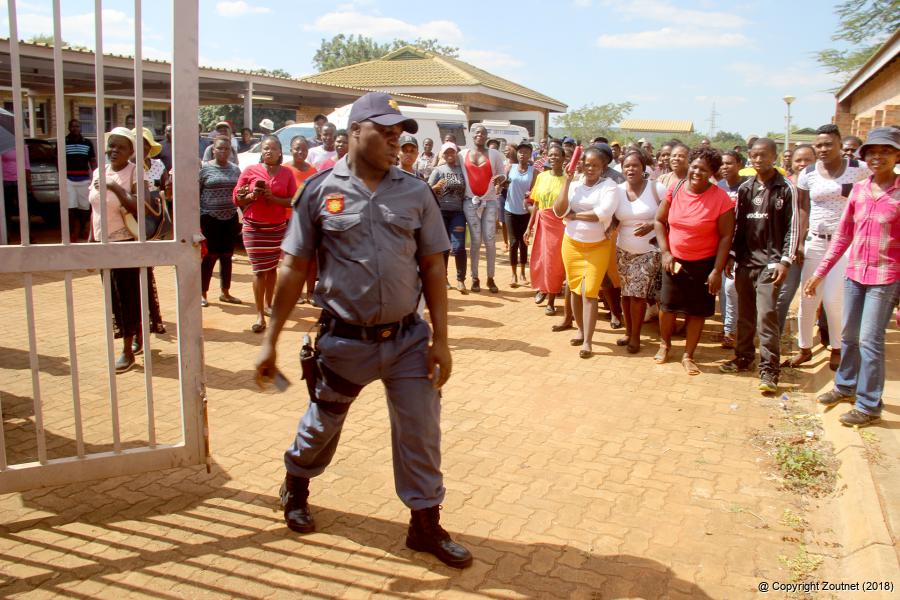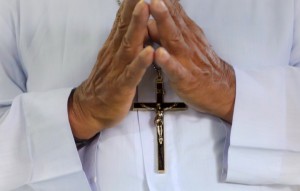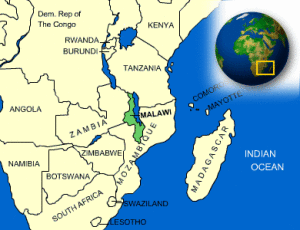Published on May 9, 2018
By Joe Chukindi
The Anambra State Police command has arrested Mr Christopher Okadigbo (52 years) for allegedly killing his mother, Mrs Roseline Okadigbo for money ritual. Okadigbo was arrested alongside his friend, Ameke Udolu, over the act.
Innocent said his late mother reported to him on May 1, 2018 the suspicious move by Christopher Okadigbo his younger brother and his friend, Udolu around her apartment on May 1, and that on May 2nd, she was discovered dead in her apartment. He said, “My mother told me on phone on May 1, 2018 that my younger brother, Christopher came to her apartment with one Ameke Udolu and were moving round making comments that were highly suspicious. My mother added that she was afraid of staying alone in her house due to the kind of utterances she overheard the duo make while moving round her apartment.
In the early hours of May 2, 2018, less than 24 hours after my mother’s apprehensive telephone report to me, I received another call from one Pius Aniefule that my mother was found dead in a pool of her blood’’, he said.
He spoke further that, “minutes after Aniefule’s call, my brother Christopher who stopped relating with me since 1999 also called to inform me of the incident, claiming that he traveled to Mina, Niger State from where people at home broke the news to him.’’
Mr Pius Aniefule corroborated the account given by Innocent Okadigbo, saying, “I raised alarm which attracted people in the neighbourhood and later telephoned his first son Innocent on the gruesome killing of his mother. As people rushed to the scene, we saw Ameke Udolu coming out of one of the rooms of late Mrs Roseline Okadigbo’s room and we held him. We collected his phone and uncovered some incriminating telephone communications between Udolu and Christopher the second son of the deceased.’’
“When we got the phone, we forced him to make a call to Christopher and put it on speaker which Christopher did not know, then Christopher told Udolu to hurry down to Nteje junction if he had accomplished the job and wait for him there.’’
He said, due to the revelation from the phone conversation between the two, the irate crowd started beating up Udolu.
He said that it was the intervention of the president-general of the community and the arrival of security personnel who later arrested the duo that saved them from being lynched.
Chief Ignatius Aghadinuno, the President General of Nando Community said at the time he got to the home of the deceased on May 2, 2018, he saw the corpse of Roseline and aggrieved villagers, as well as Udolu.
“Because of the massive beating Udolu was subjected to, I pleaded with the people and subsequently invited security operatives who later arrested Udolu over the act,” he said.
He said that Christopher was later caught hiding in the home of a native doctor very close to the community before he was handed over to police.
A senior police officer who led the team refused to speak journalists, referring them to police headquarters, Awka.
The Police Public Relations Officer of Anambra command, Mrs Nkeiru Nwode could not confirm the arrest as calls put to her mobile phone were not answered.
Source: DailyPost, May 9, 2018
Another article covering the same crime:
’82-Year-Old Widow Killed By Son For Money Ritual’


